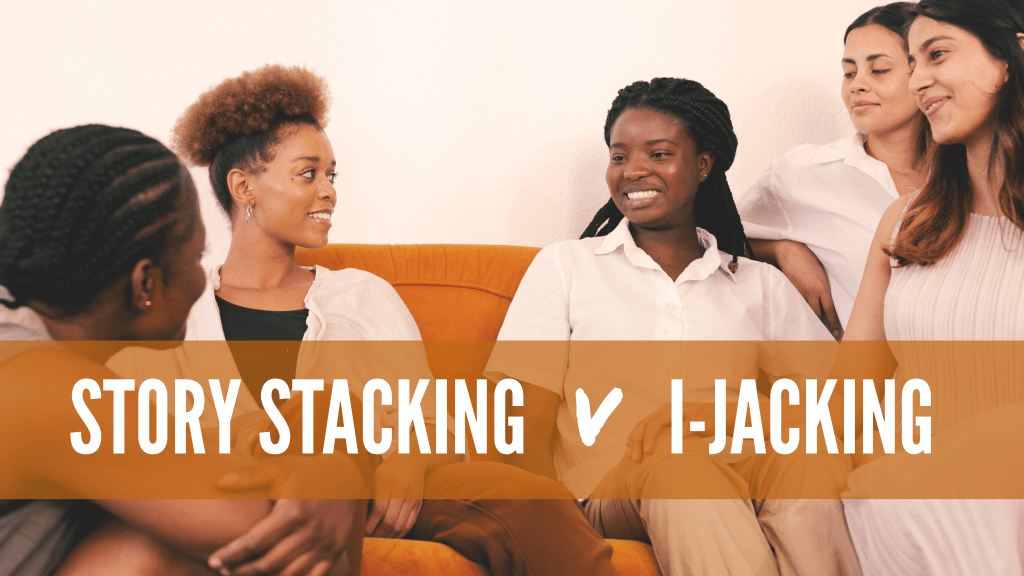“Can I just give you some constructive criticism?”

You’ve heard that, you’ve probably said it. But the truth is, constructive criticism doesn’t exist!
Giving hard feedback is hard. When it falls on us to be the ones to tell someone they’ve not met the mark in some way, it’s not a pleasant feeling. We anticipate the disappointment or even defensiveness of the receiver and we reach for language that in some way might soften the blow.
Constructive criticism.
These words are opposites of one another. To be constructive is to seek to build up, but criticism is the act of review for the purpose of finding fault (read : to tear down). Critique is a more neutral or positive word but it is different to criticism.
In fact, science tells us that the use of this phrase confuses the brain of the receiver. When you say “I have some constructive criticism for you”, the brain of the listener is conflicted – constructive or critical? Friend of foe? Safety or threat? So, the body’s systems elevate to process the confusion of what is happening in their brains. As you can imagine, this does not create the most receptive environment for whatever challenging conversation might follow.
Ultimately, the phrase “constructive criticism” is used to make ourselves, the giver of the feedback, feel better. Like somehow in framing our thoughts as constructive criticism we might more adequately prepare the receiver for a difficult conversation. Perhaps in that phrase is an attempt to communicate to the receiver that we are sensitive to the potential wounding or disappointment our words might carry.
It might seem semantic to make a big deal of such a nuance. But a healthy feedback culture is built on relational trust and emotional safety. For feedback to be beneficial and edifying it must happen in the best possible context – where anything that might impede the productivity of such a conversation is sought to be removed. (Don’t do it when they/you are tired or rushed. Don’t do it publicly. Don’t do it when emotions are elevated. Etc) This simple nuance of language might achieve two outcomes. Firstly, not adding psychological confusion to the other thought processes required in a feedback interaction. And secondly, forcing us as givers of feedback to be more considered in our approach, not excusing ourselves from doing the work to find better language and deliver feedback in the most helpful way.
Further reading













